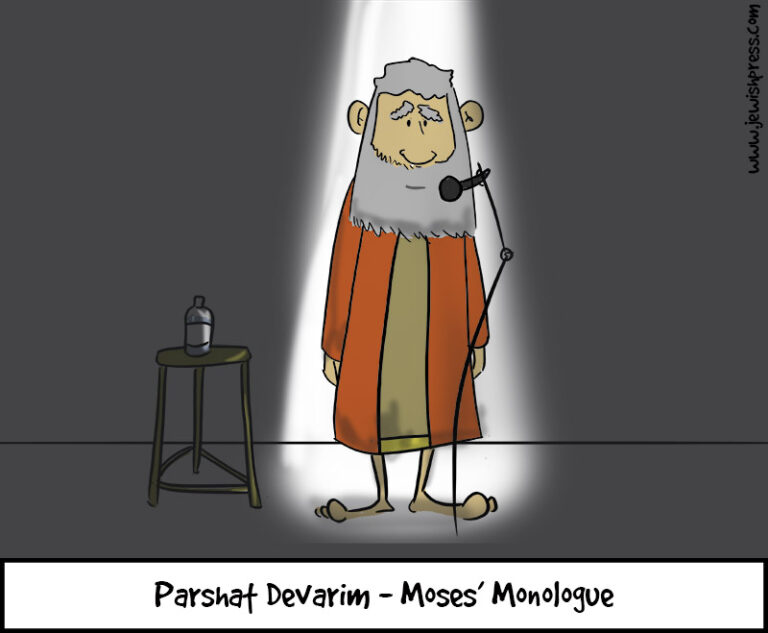Abarbanel raises an important question regarding the rationale for not attacking Edom, Moav, and Ammon. The verses in Devarim (2:5, 9, 19) state that God gave Esav and the Children of Lot their countries as an inheritance. Abarbanel questions this reasoning by referencing another verse (32:8) and asking why God gave territories to all nations, not just these specific ones.
Rashi (2:5) cites a midrash from Bereshit Rabbah (44:23) that explains how the ten nations promised to Avraham were divided between Israel and the three nations in question. While this sheds some light on the situation, it still leaves unanswered why these nations are singled out. Chizkuni, Bekhor Shor, and Daat Zekenim suggest that these were the only nations Israel could have potentially justified attacking.
Chizkuni emphasizes that without a compelling reason, why would the Jews engage in warfare against other nations? This aligns with the Talmud (Bava Kamma 38b) which questions Moshe’s intent to wage war without Divine permission. Optional wars may only have become permissible once a king arose in Israel, suggesting that Jews were forbidden from conquering territories not designated by God.
Rabbi S. R Hirsch further emphasizes the idea that Israel’s acts of war were limited to claiming the land designated for them by God. This principle extends to recognizing the natural connection between each nation and its land, emphasizing the importance of respecting these boundaries.
As the Jewish nation and state grow in power, there is a greater responsibility to support developing nations experiencing mass emigration due to economic challenges. Providing assistance not only fulfills the principles of tzedekah and Kiddush HaShem but also underscores the deep connection between the Jewish people and the Land of Israel, reflecting a broader understanding of the ties between people and their land.
This perspective highlights the significance of nations living in their designated lands and respecting each other’s historical connections. By acknowledging these ties and supporting nations in need, we uphold the values of the Torah and promote harmony among diverse communities.
To regenerate means to restore or renew something to its original state or condition. It can also refer to the process of regrowth or healing.
Source link


